
Stadia has officially entered the Google Graveyard. The cloud gaming service joins the likes of Google+, Google Daydream, Google Cardboard, and countless other Google projects after just three years of active service. The Stadia service shuts down on January 18, with access to its library of games and your existing save data going with it,
The Google Stadia release date was November 19, 2019, and so such a swift closure will come to many as a surprise. Although, given how frequently the Google Stadia games library changed, and the stiff competition from Xbox Cloud Gaming, PlayStation Now, GeForce Now, and Amazon Luna, maybe Stadia shutting down was a question of when rather than if. Keep scrolling to find more information on when Stadia shut down, how to get a Stadia refund, comments from vice president and general manager of Stadia Phil Harrison, and our thoughts on why Stadia is shutting down.
When is Stadia shutting down?
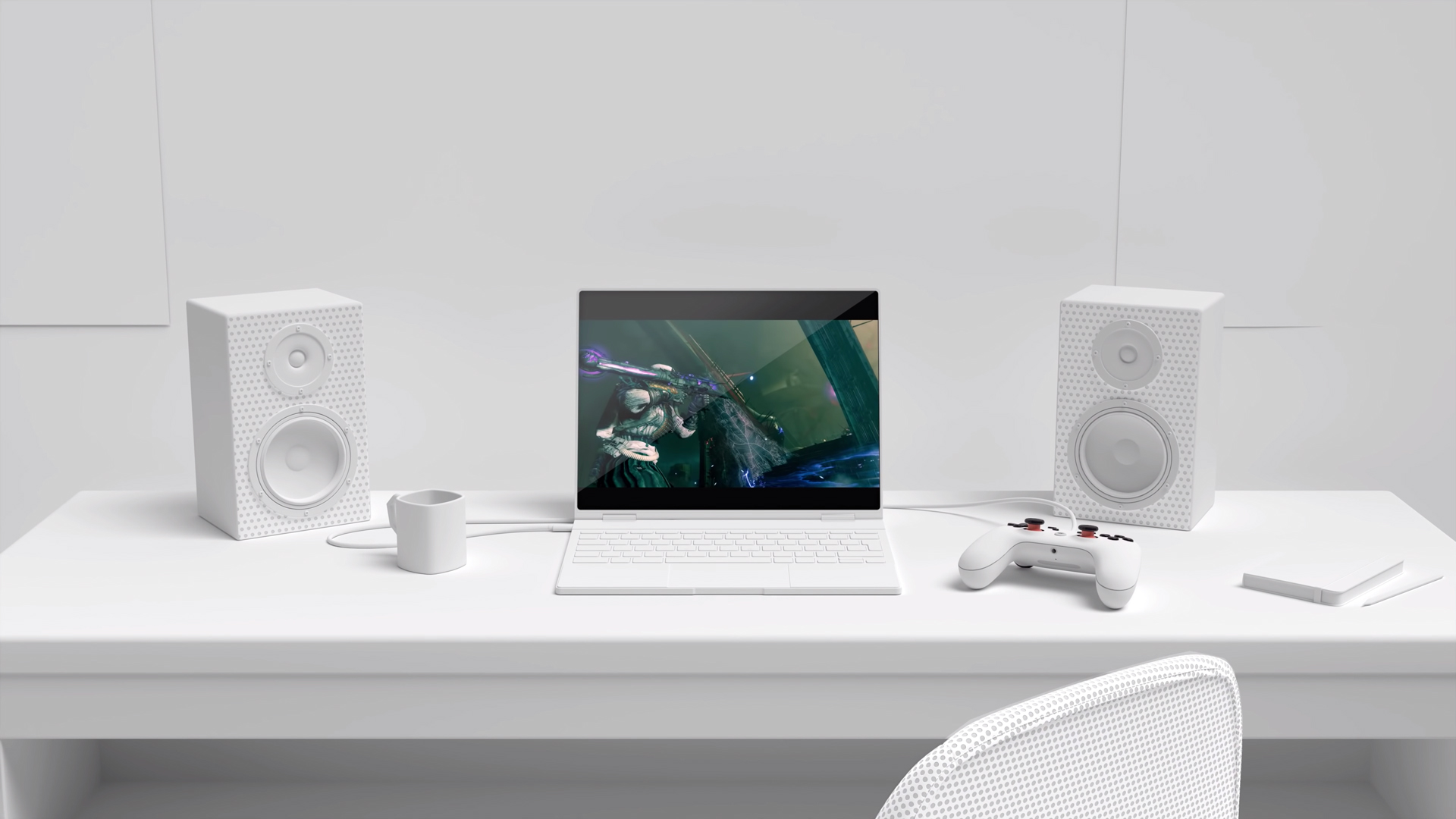
Google Stadia is shutting down on January 18, 2023. Google announced the news on September 29, confirming that the Stadia servers will be switched off, closing off access to the cloud gaming service and the Stadia library of games. If you're a Google Stadia user, you'll have until Wednesday, January 18 to play any games in your library, although they will not be accessible after this date.
Additionally, Google has warned that while "the majority of games should continue to work normally" until January 18, any games "requiring commerce", or that otherwise have microtransactions built into their framework, may experience "some gameplay issues". That's because the Stadia store, and in-game transactions, have already been disabled.
Can I take Stadia game progress to different platforms?
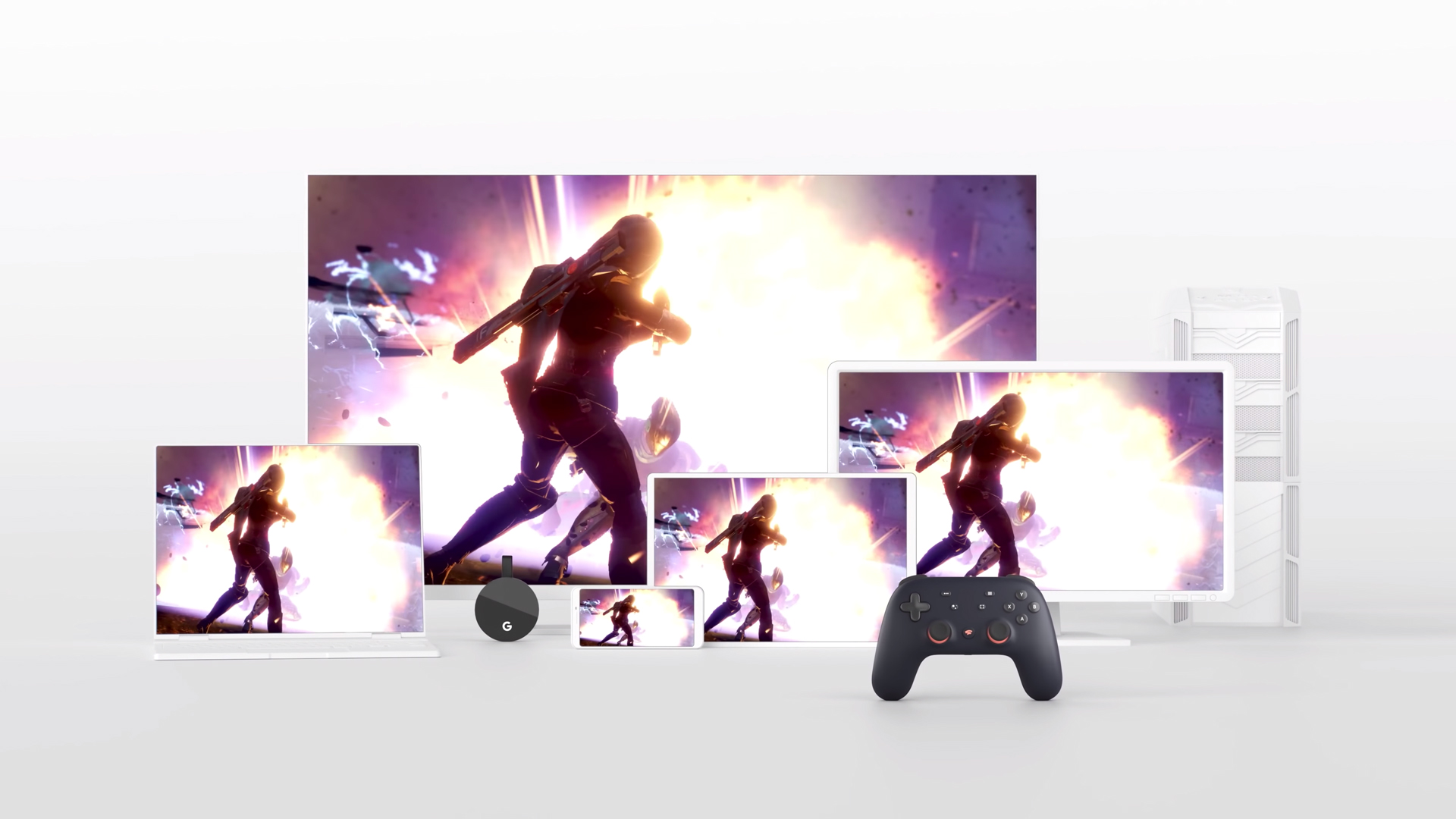
With Google Stadia shutting down, you'll have until January 18 to play games on the service. Once that endpoint is met, the servers will be turned off and you'll lose access to the games library and any game progress that you may have on them. Google has confirmed that while it "may be possible for some games that support cross-progression play on other platforms" for you to retain your progress – Destiny 2, for example – for the vast majority of titles "that won't be possible".
How to get a Google Stadia refund?
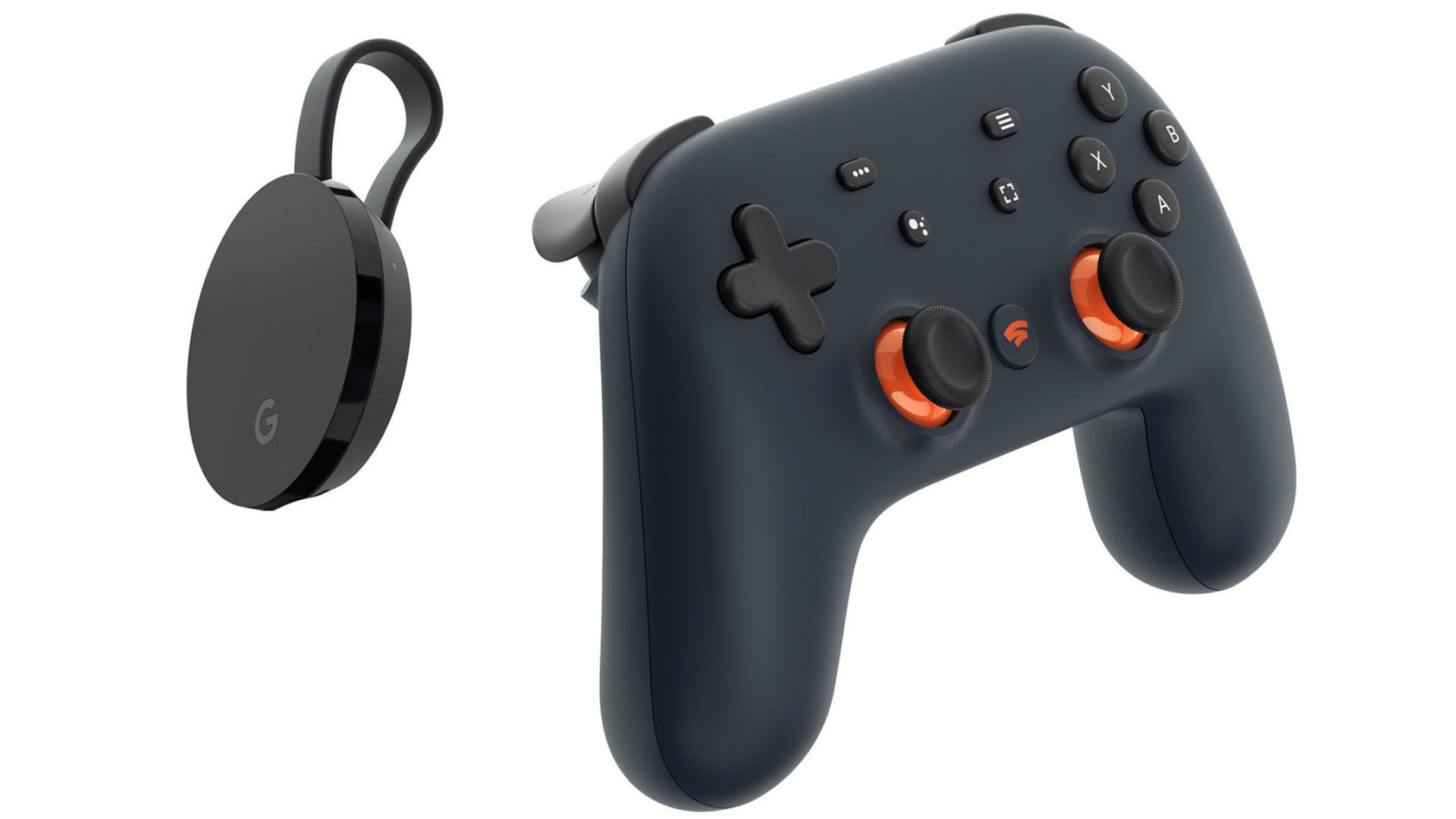
If you've used the cloud streaming service over the last three years, you may be wondering whether you're entitled to a Stadia refund for any of your purchases. Google has said that it "will be offering refunds for all Stadia hardware purchases made through the Google Store", which covers Stadia Controller, Founders Edition, Premiere Edition, and Play and Watch with Google TV packages. Additionally, Google has confirmed that you won't have to return any hardware to the company, and that more details on how to request a Google Stadia refund will arrive in the "coming weeks".
Google will also be issuing Stadia refunds for any software transactions – including games and DLC – made through the Stadia store. The company says that it is "working through this process now" and intends on having "the majority of refunds processed back to the original payment by January 18, 2023".
Weekly digests, tales from the communities you love, and more
Google has issued emails to customers with more information. In the email, the company says: "We expect to be able to automatically issue refunds for a substantial portion of transactions as a credit to the form of payment used to make the purchase. For purchases that we are not able to automatically refund, you will receive an email on how to obtain your refund."
Can I refund Google Stadia Pro subscription?
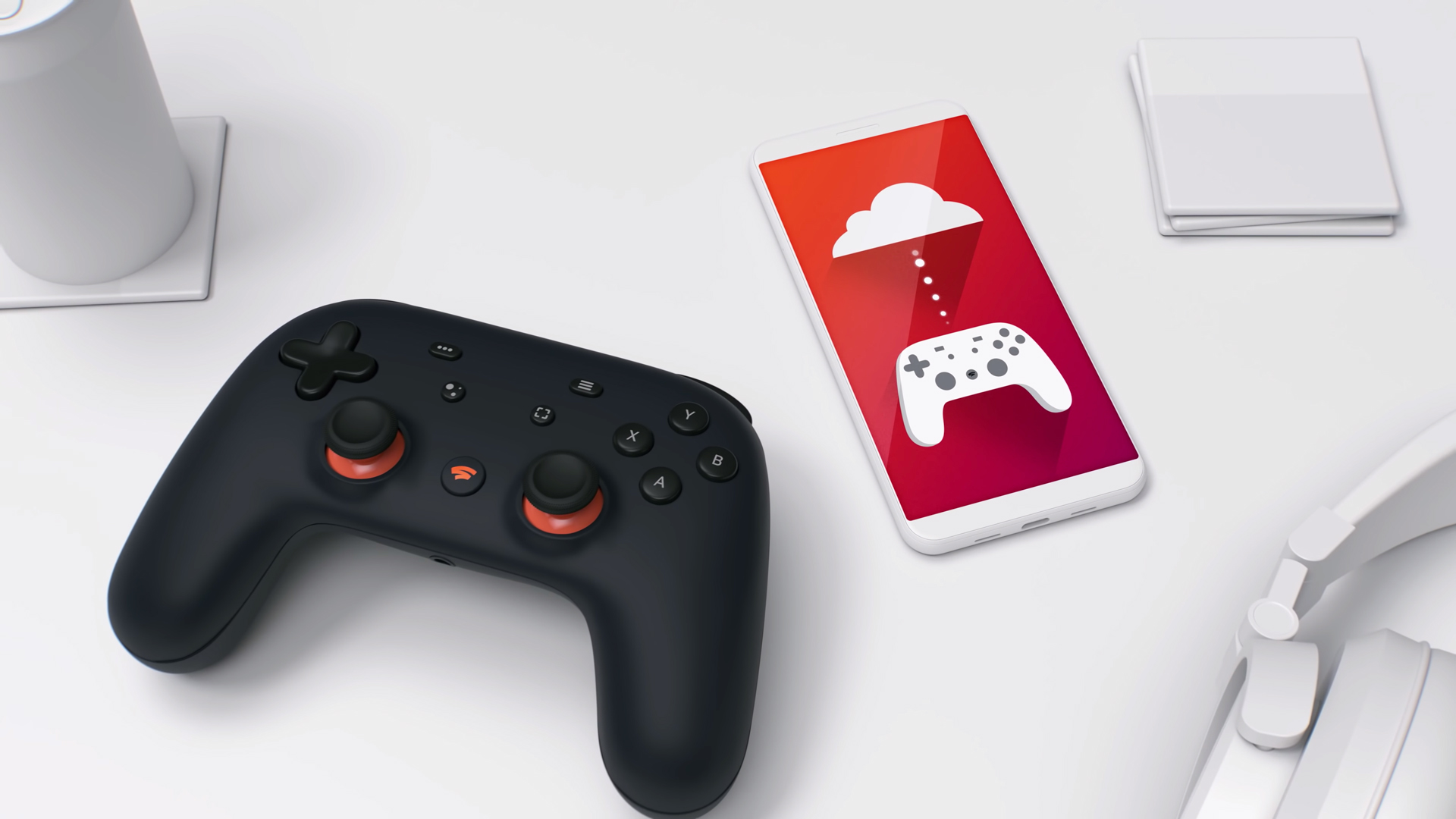
While Google may be offering refunds on Stadia hardware purchased through the Google Store and for all purchased software bought via the Stadia store, the company will not be refunding Stadia Pro subscriptions. Stadia Pro was a premium subscription service that entitled players to game discounts and access to a library of titles. Google has not said why Stadia Pro subscribers will not be eligible for a refund, although it did add that "players who held an active Stadia Pro subscription as of September 29, 2022 will not be charged for access to their Pro library or other subscription entitlements during the shut-down period."
What did Google Stadia's Phil Harrison say about the closure?
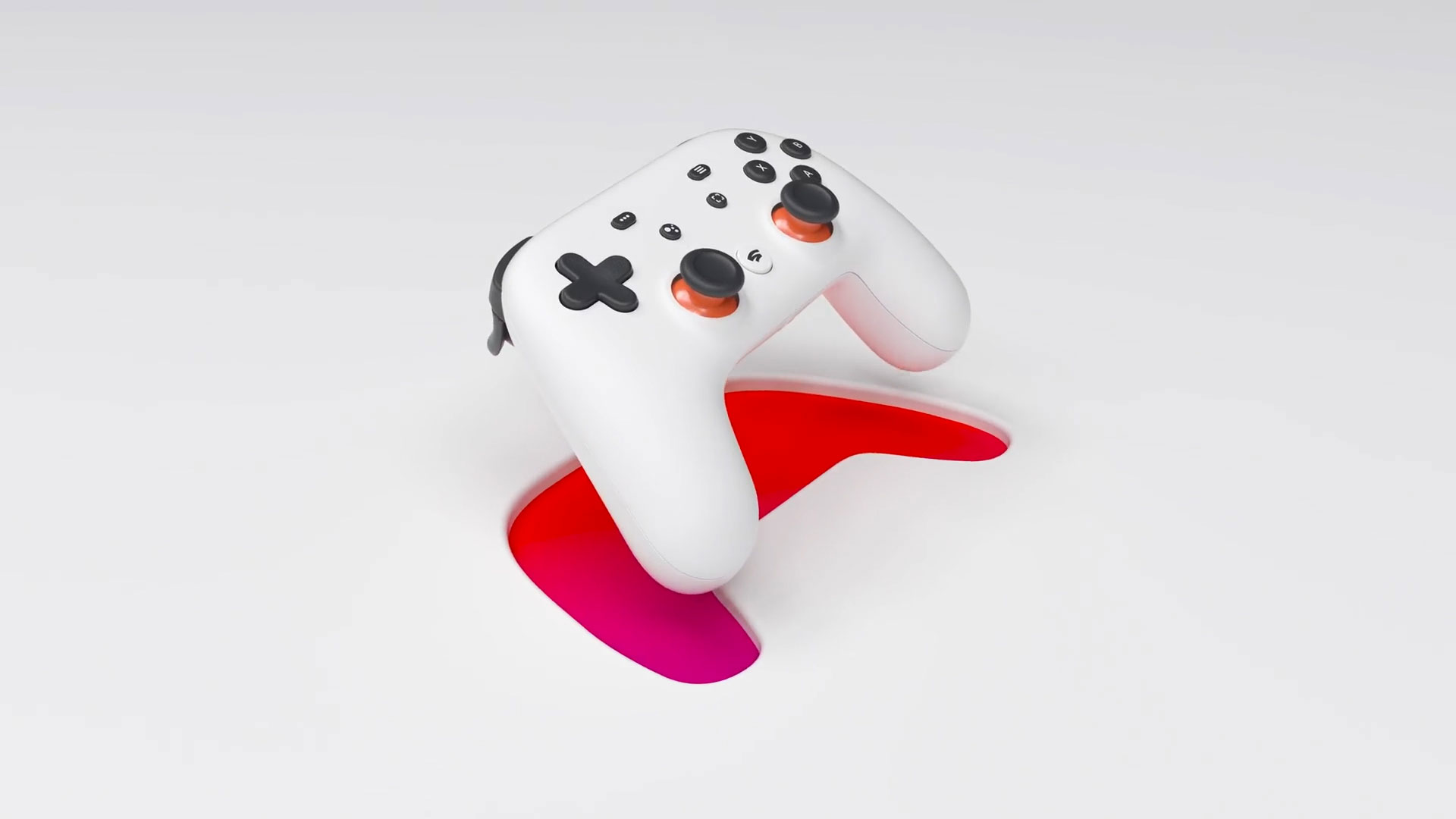
Phil Harrison, the vice president and general manager of Stadia, issued a statement on September 29. In it Harrison said that Stadia "hasn't gained the traction with users that we expected", which is why Google "made the difficult decision to begin winding down our Stadia streaming service." As well as thanking Stadia players who were with the service from the start, Harrison also explained that the technology behind the cloud streaming service will be used in other parts of Google's business.
"The underlying technology platform that powers Stadia has been proven at scale and transcends gaming. We see clear opportunities to apply this technology across other parts of Google like YouTube, Google Play, and our Augmented Reality (AR) efforts – as well as make it available to our industry partners, which aligns with where we see the future of gaming headed. We remain deeply committed to gaming, and we will continue to invest in new tools, technologies, and platforms that power the success of developers, industry partners, cloud customers, and creators."
Analysis: Why is Google Stadia shutting down?
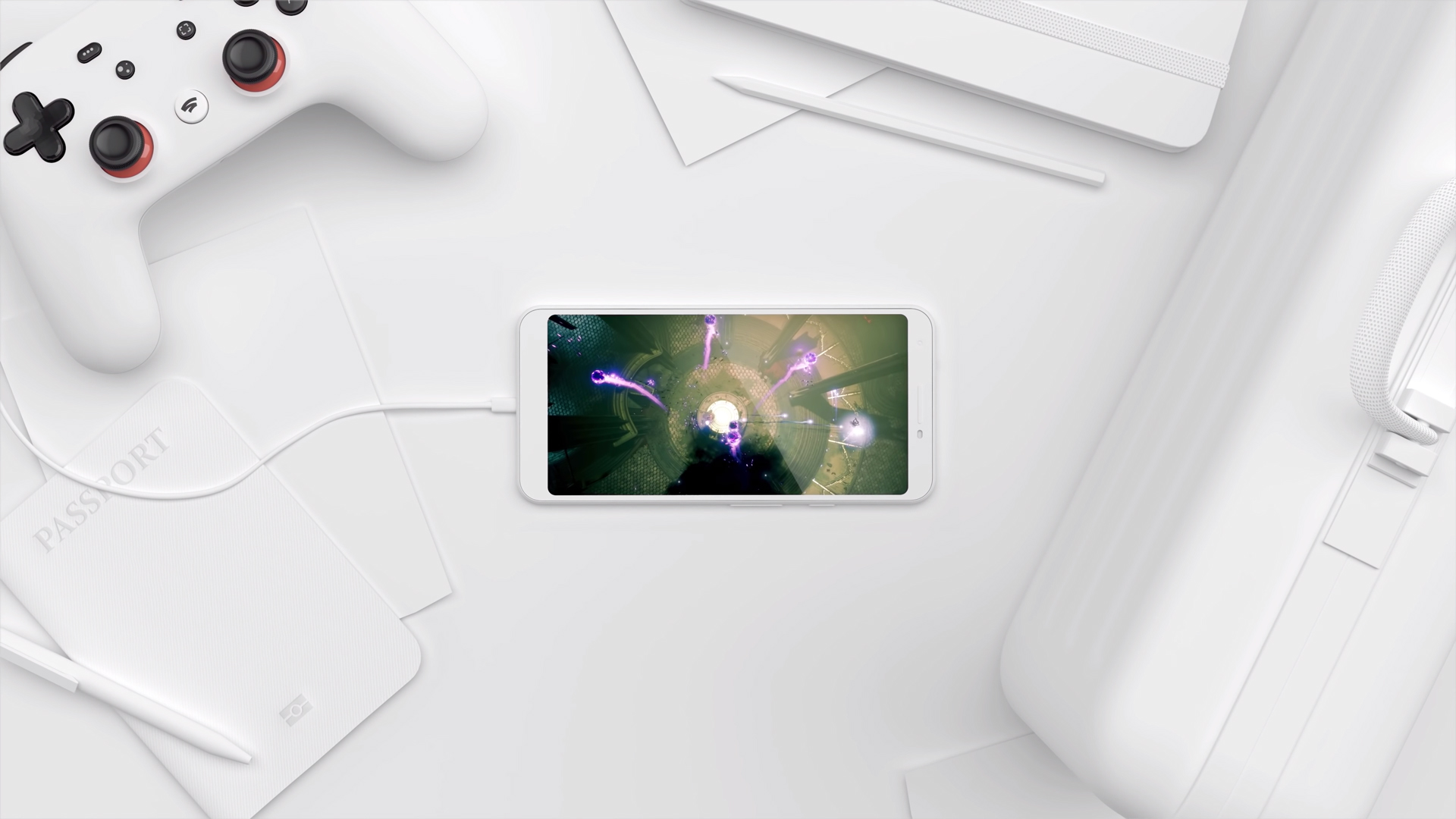

Josh West is the UK Managing Editor of GamesRadar+ and is best described as 'cloud-streaming curious'. Having covered Google Stadia for GR+ over the years, as well as similar services from competitors. Here he shares his thoughts on why Google Stadia is shutting down, and whether there is anything Google could have done to avoid the platform's closure:
I was in attendance at GDC 2019 when Google unveiled Stadia, and can still remember the cautious optimism that was shared by everybody I spoke to on the ground – developers, press, and publishers alike. The optimism was spawned from the ambitious nature of the cloud streaming service itself: A massive library of AAA games available on-demand from any device that can connect to the internet, streaming in 4K HDR at 60 frames per second. What's not to love? As Jack Buser, Google's director for games, told me at the time: "Stadia is not constrained by the limitations of traditional console systems". We were months out from the formal reveals of the PS5 and Xbox Series X, and that sort of forward-looking rhetoric was exactly what we wanted to hear after a console generation that dragged on longer than it should have done.
But underpinning all the excitement was caution. Google has earned itself a reputation for launching products and killing them in record time – a perception that has become a self-fulfilling prophecy. Putting unknowable consumer confidence aside for a second, I think it's fair to say that Google Stadia was always going to be an uphill battle. There was always this sense that it was just too early for cloud streaming – that we weren't ready for it. The technology may have technically worked, but were there reliable high-speed internet networks available globally to support the massive bandwidth requirements? Could a new ecosystem actually be created that would not only underpin the new platform, but help it thrive?
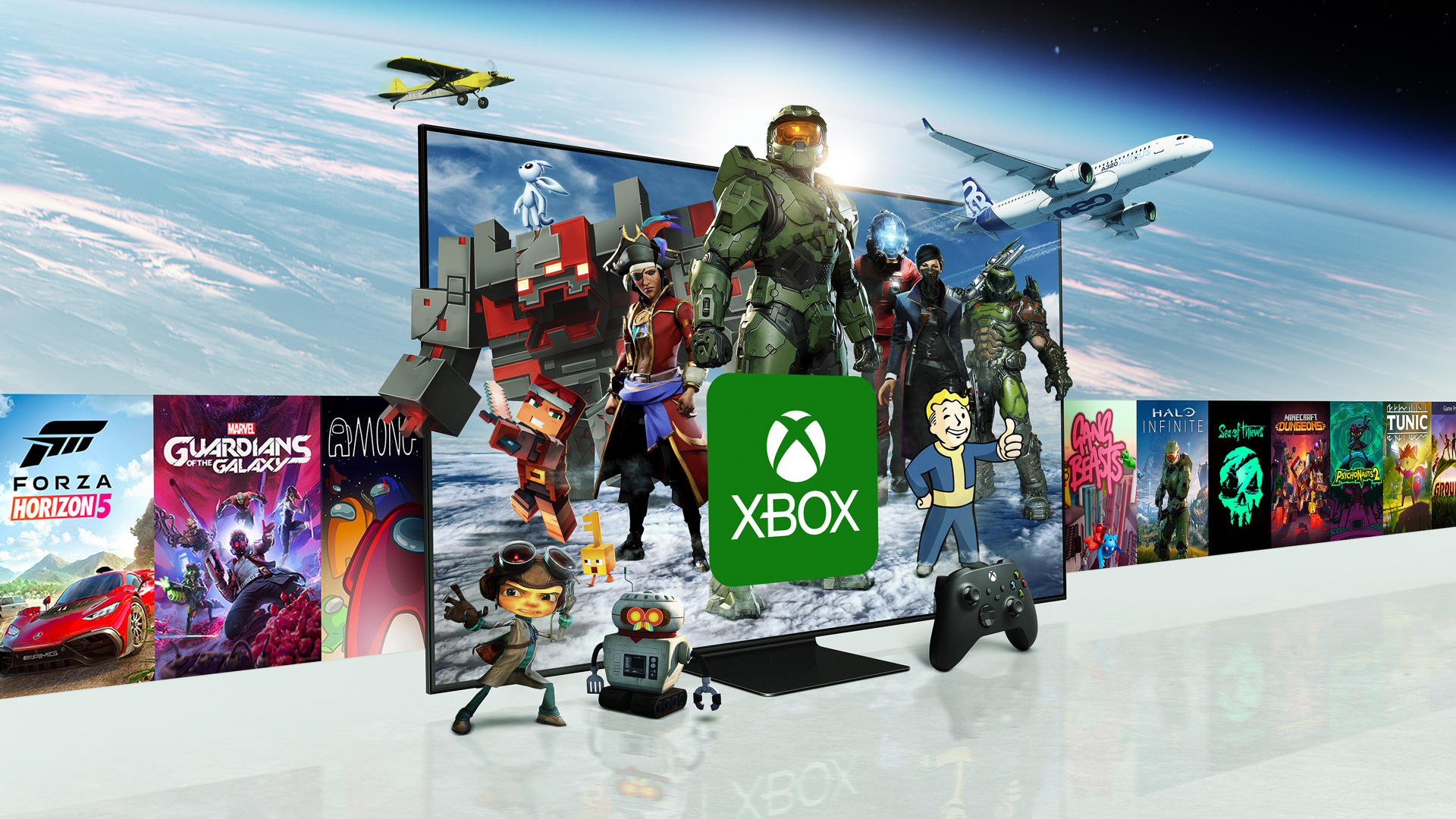
"Google isn't the only company to face tough questions in this space and struggle to find the answers"
Google isn't the only company to face tough questions in this space and struggle to find the answers – just look at Sony and PlayStation Now, which has since been absorbed into the premium tiers of PlayStation Plus. Microsoft has arguably fared better with Xbox Cloud Gaming, with Xbox Game Pass proving to be the missing puzzle piece that Sony and Google could never find. You subscribe to a premium service, launch it from just about any device with an internet connection, and there are hundreds of games there waiting for you – with progression shared across PC and two generations of Xbox console. Xbox Cloud Gaming just makes sense, in a way that Google Stadia never quite did.
When Google Stadia released in November 2019, I said that "when it works, it's a minor miracle". That quote was always back of mind every time that I returned to the service over the years. Because when Stadia worked, it really did feel like a minor miracle. And when it didn't… well, it felt like I was wasting my time. There's no one reason why Google Stadia is shutting down, but there are plenty of pressure points we can point to: consumer perception and a complicated premise, a confusing ecosystem that mixed monthly costs with premium purchases, a lack of killer exclusives, and numerous barriers to entry all across a service that was sold on making it easier than ever to play. And in a market as competitive as video games, Google simply couldn't afford to let so many questions go unanswered.
The reception to Stadia shutting down has not been kind. One Red Dead Redemption 2 fan with nearly 6,000 hours on Stadia begs Rockstar for character transfer, while indie game developers feel blindsided by the decision.

Josh West is the Editor-in-Chief of GamesRadar+. He has over 15 years experience in online and print journalism, and holds a BA (Hons) in Journalism and Feature Writing. Prior to starting his current position, Josh has served as GR+'s Features Editor and Deputy Editor of games™ magazine, and has freelanced for numerous publications including 3D Artist, Edge magazine, iCreate, Metal Hammer, Play, Retro Gamer, and SFX. Additionally, he has appeared on the BBC and ITV to provide expert comment, written for Scholastic books, edited a book for Hachette, and worked as the Assistant Producer of the Future Games Show. In his spare time, Josh likes to play bass guitar and video games. Years ago, he was in a few movies and TV shows that you've definitely seen but will never be able to spot him in.


